Paracip is a brand name for the medication Paracetamol, which is commonly used to relieve pain and reduce fever. It belongs to the class of drugs known as analgesics (pain relievers) and antipyretics (fever reducers). Paracip is often prescribed for headaches, muscle aches, arthritis, backaches, toothaches, colds, and fevers. It works by inhibiting the production of certain chemicals in the brain that cause pain and fever. Always follow the dosage instructions provided by a healthcare professional or on the packaging to avoid potential side effects or overdose.
✅ Rapid Pain Relief
✅ Reduces Fever Quickly
✅ Easy-to-Take Tablets
✅ Trusted Analgesic
✅ Safe and Effective
Paracip contains Paracetamol.
Product Overview
Paracip is a pharmaceutical formulation containing Paracetamol (also known as acetaminophen) as its active component. This widely accessible over-the-counter medication serves as both an analgesic and antipyretic agent. Available in multiple dosage forms including tablets, capsules, and oral suspensions, Paracip effectively manages mild to moderate pain conditions such as cephalalgia, myalgia, odontalgia, and dysmenorrhea. Furthermore, it demonstrates efficacy in fever reduction accompanying common infectious conditions like influenza and upper respiratory tract infections.
Therapeutic Applications
The primary clinical indications for Paracip encompass analgesia and antipyresis. It is routinely employed for symptomatic management of various pain syndromes including tension headaches, musculoskeletal pain, dental pain, and post-surgical discomfort. The medication also finds utility in febrile conditions secondary to viral or bacterial etiologies. Within rheumatological practice, Paracip may be incorporated into comprehensive pain management protocols for degenerative joint diseases and inflammatory arthropathies.
Administration Guidelines
Oral administration should strictly adhere to medical supervision or manufacturer’s instructions. Dosage determination requires consideration of anthropometric parameters (age, weight) and clinical severity. Solid dosage forms should be ingested intact with adequate hydration, while liquid preparations necessitate precise measurement using graduated devices. Strict compliance with prescribed dosing schedules is imperative to prevent potential hepatotoxicity from excessive consumption.
Mechanism of Action
Paracip exerts its pharmacodynamic effects through selective inhibition of cyclooxygenase enzymes in the central nervous system, thereby suppressing prostaglandin biosynthesis. This modulation of nociceptive pathways results in analgesic effects, while action on hypothalamic thermoregulatory centers mediates its antipyretic properties. Unlike NSAIDs, Paracip demonstrates minimal peripheral prostaglandin inhibition, accounting for its favorable gastrointestinal tolerability profile.
Posology and Method of Administration
Dosage regimens follow age-stratified protocols:
– Adults and adolescents (>12 years): 500-1000 mg q4-6h PRN (max 4g/24h)
– Pediatric population (6-12 years): 250-500 mg q4-6h PRN (max 2g/24h)
Therapeutic strategy should emphasize minimum effective dosing for shortest necessary duration to optimize risk-benefit ratio. Special populations (hepatic impairment, elderly) require dose adjustment under medical supervision.
Therapeutic Advantages
Paracip presents distinct clinical benefits including:
– Favorable safety profile with reduced gastrointestinal adverse effects compared to NSAIDs
– Broad therapeutic window when used appropriately
– Non-prescription accessibility
– Pediatric suitability across various age groups
– Compatibility with most concomitant therapies (excluding specific contraindications)
Adverse Effect Profile
Common adverse drug reactions may include:
– Gastrointestinal disturbances (nausea, epigastric discomfort)
– Rare hypersensitivity manifestations (urticaria, angioedema)
Clinical vigilance is warranted for any signs of allergic reactions, with immediate discontinuation and medical consultation if such events occur.
Precautions and Contraindications
Special precautions include:
– Absolute contraindication in severe hepatic impairment
– Caution in chronic alcohol use disorders
– Requirement for dose reduction in mild-moderate hepatic dysfunction
– Avoidance of concomitant ethanol consumption
Comprehensive medication review is essential for patients with comorbidities or polypharmacy regimens.
Storage Conditions
Optimal storage parameters:
– Ambient temperature (15-30°C)
– Protection from humidity and direct sunlight
– Secure containment away from pediatric access
Proper disposal methods should be employed for expired or unused medication in accordance with regional pharmaceutical waste protocols.
Medical Disclaimer
The information provided herein represents carefully vetted, evidence-based data intended for educational purposes only. This content does not supersede professional medical advice, diagnosis, or treatment. The complete safety profile, potential drug interactions, and contraindications may not be fully enumerated. Patients should consult qualified healthcare providers for personalized medical guidance. This resource aims to facilitate informed patient-provider discussions rather than replace clinical judgment.
| Strength | 500 mg |
|---|---|
| Quantity | 30 Tablet/s, 60 Tablet/s, 90 Tablet/s, 180 Tablet/s |
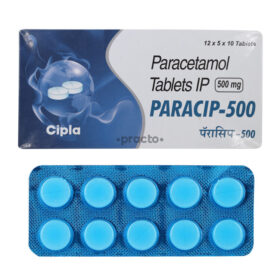 Paracip is a brand name for the medication Paracetamol, which is commonly used to relieve pain and reduce fever. It belongs to the class of drugs known as analgesics (pain relievers) and antipyretics (fever reducers). Paracip is often prescribed for headaches, muscle aches, arthritis, backaches, toothaches, colds, and fevers. It works by inhibiting the production of certain chemicals in the brain that cause pain and fever. Always follow the dosage instructions provided by a healthcare professional or on the packaging to avoid potential side effects or overdose.
Paracip is a brand name for the medication Paracetamol, which is commonly used to relieve pain and reduce fever. It belongs to the class of drugs known as analgesics (pain relievers) and antipyretics (fever reducers). Paracip is often prescribed for headaches, muscle aches, arthritis, backaches, toothaches, colds, and fevers. It works by inhibiting the production of certain chemicals in the brain that cause pain and fever. Always follow the dosage instructions provided by a healthcare professional or on the packaging to avoid potential side effects or overdose.









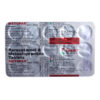
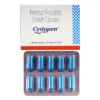
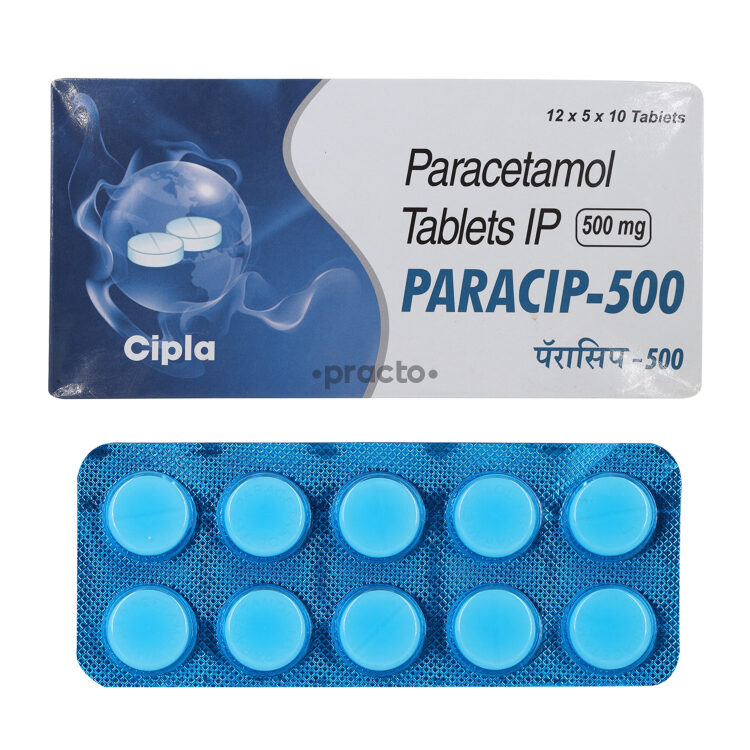
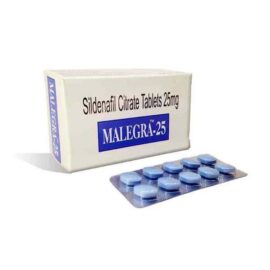

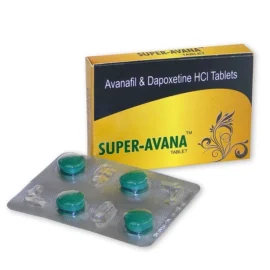

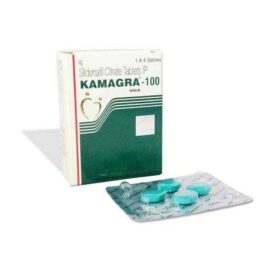
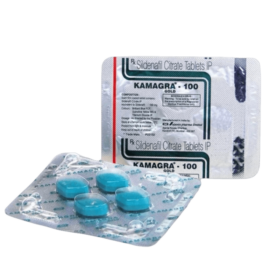
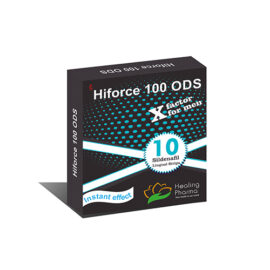
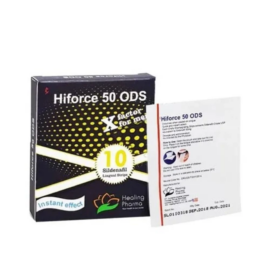
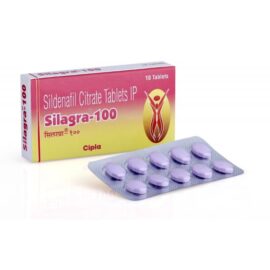
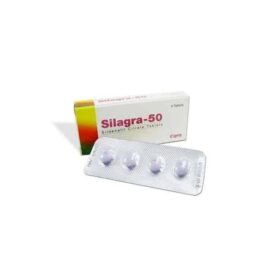
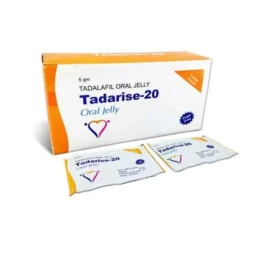
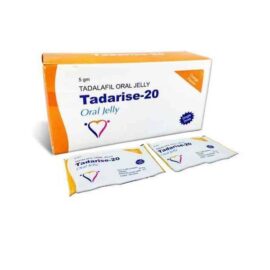
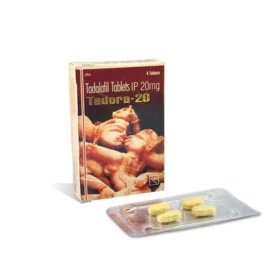
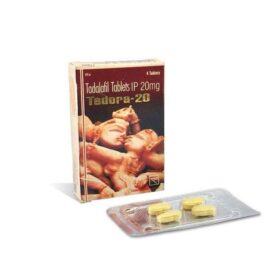
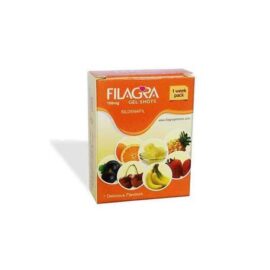

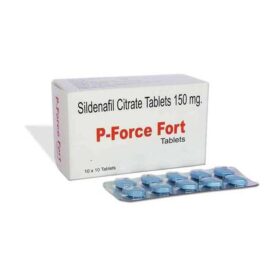
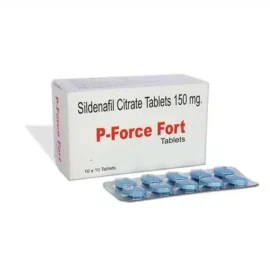
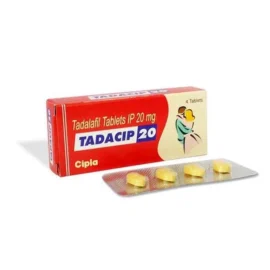
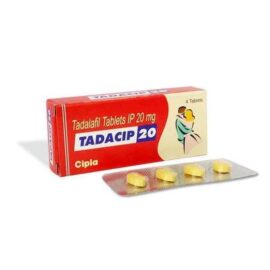
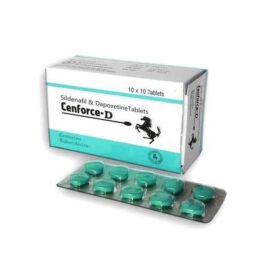
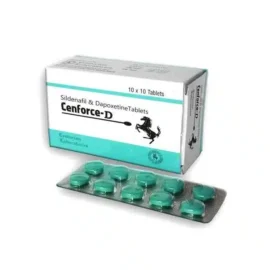


Reviews
There are no reviews yet